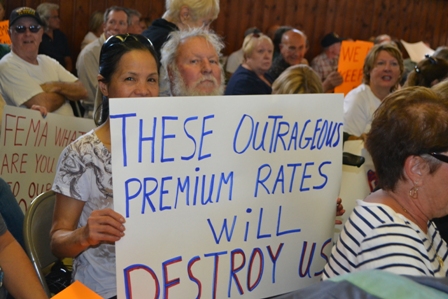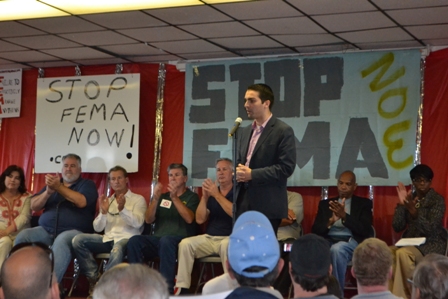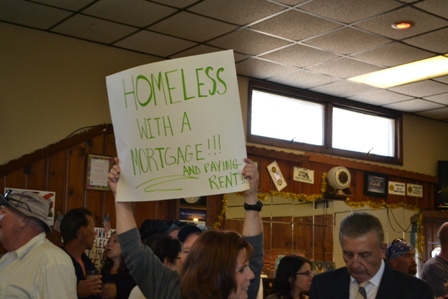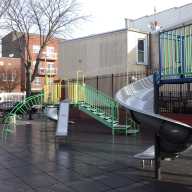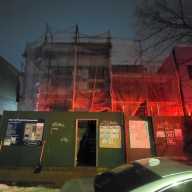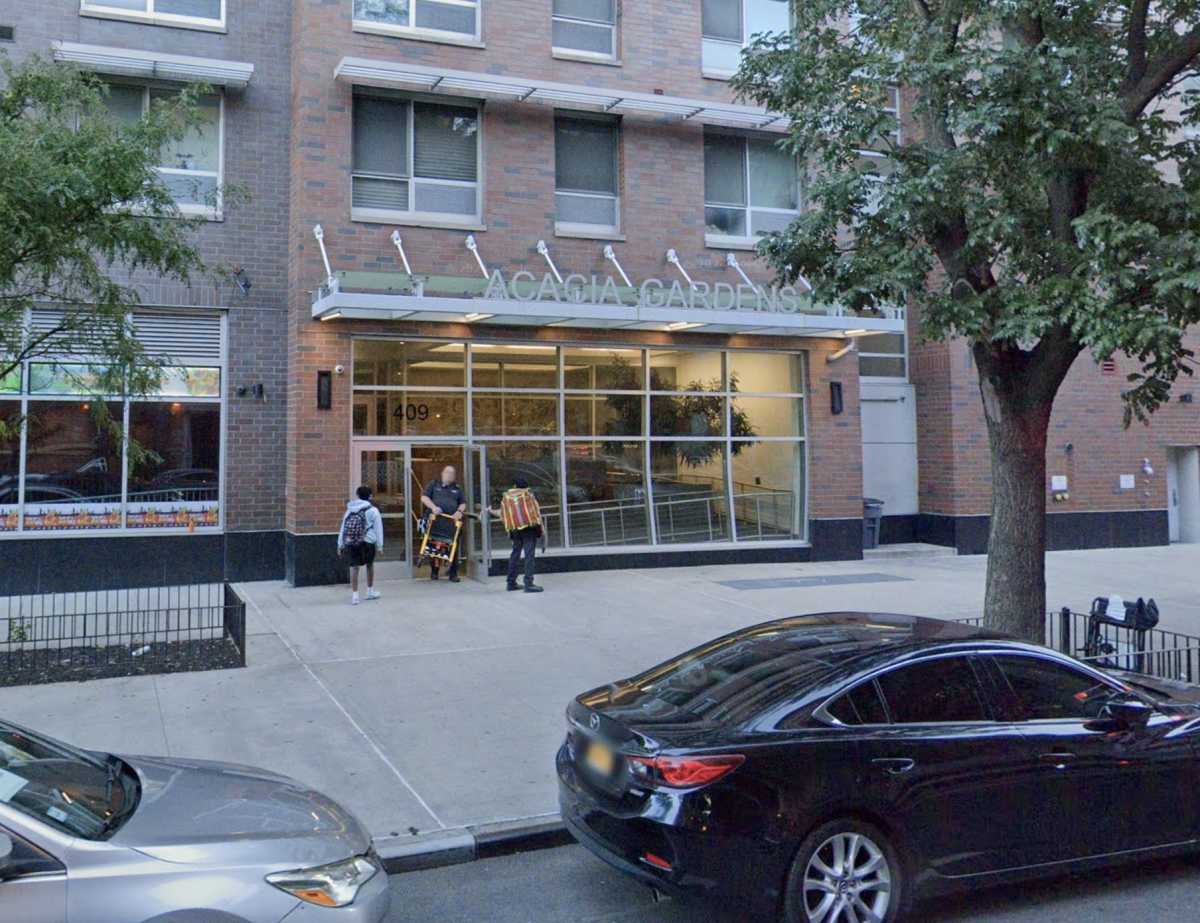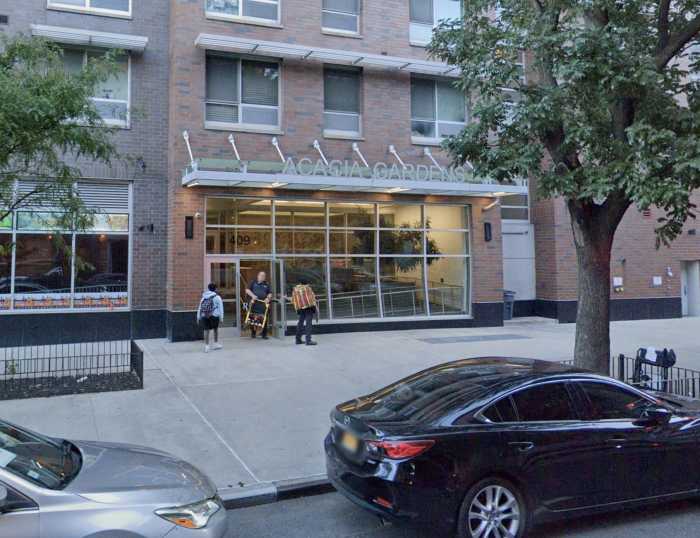Skyrocketing flood insurance rates could “do more to destroy the community than any storm has ever done,” say hundreds of residents who came out to protest the looming costs.
In July 2012, Congress passed the Biggert-Waters Flood Insurance Reform Act, which called on agencies such as FEMA to change the way the National Flood Insurance Program (NFIP) is run.
Through the act, the NFIP will be required to raise flood rates to reflect “true flood risk” for a policyholder, according to FEMA.
“They say it’s going to be $400 this year, and $12,000 next year,” said Dorothy McClusky, a 33-year Howard Beach resident. “If the insurance rates go up that high, we’ll have to move.”
Residents said that over time, their rates could get as high as $30,000 a year.
Rallies protesting the price hikes were held nationwide on September 28. In the borough, people from Breezy Point, Rockaway Beach, Belle Harbor, Hamilton Beach, Howard Beach and Broad Channel packed tightly into Broad Channel’s American Legion to participate.
“We’re brought together by a common thread of this outrageous legislation,” said Dan Mundy, Jr., president of the Broad Channel Civic Association. “[This act] basically will decimate your biggest savings.”
“FEMA is the agency that is going to enact this. FEMA also couldn’t find this island for two weeks [after Sandy],” Mundy said, met by resounding cheers.
The act will over time eliminate all subsidized flood insurance rates for those in participating areas and can increase those rates by two to 10 times their current cost over a five-year period, according to Councilmember Eric Ulrich’s office.
New FEMA flood maps additionally place many more residents into Zone A and Zone AE – Biggert-Waters designated areas.
“Areas that have never flooded will now be required to carry flood insurance,” said Roger Gendron, president of the Hamilton Beach Civic Association. “Homes would become virtually unsellable.”
Last week, the City Council passed a resolution calling upon Congress to amend the legislation.
“Sandy was a 700-year storm event,” Mundy said. “Nature took its best shot at us, but we were able to stay here.”
“We didn’t survive the 700-year storm to be destroyed by FEMA,” he said.
FEMA did not wish to comment.
RECOMMENDED STORIES

